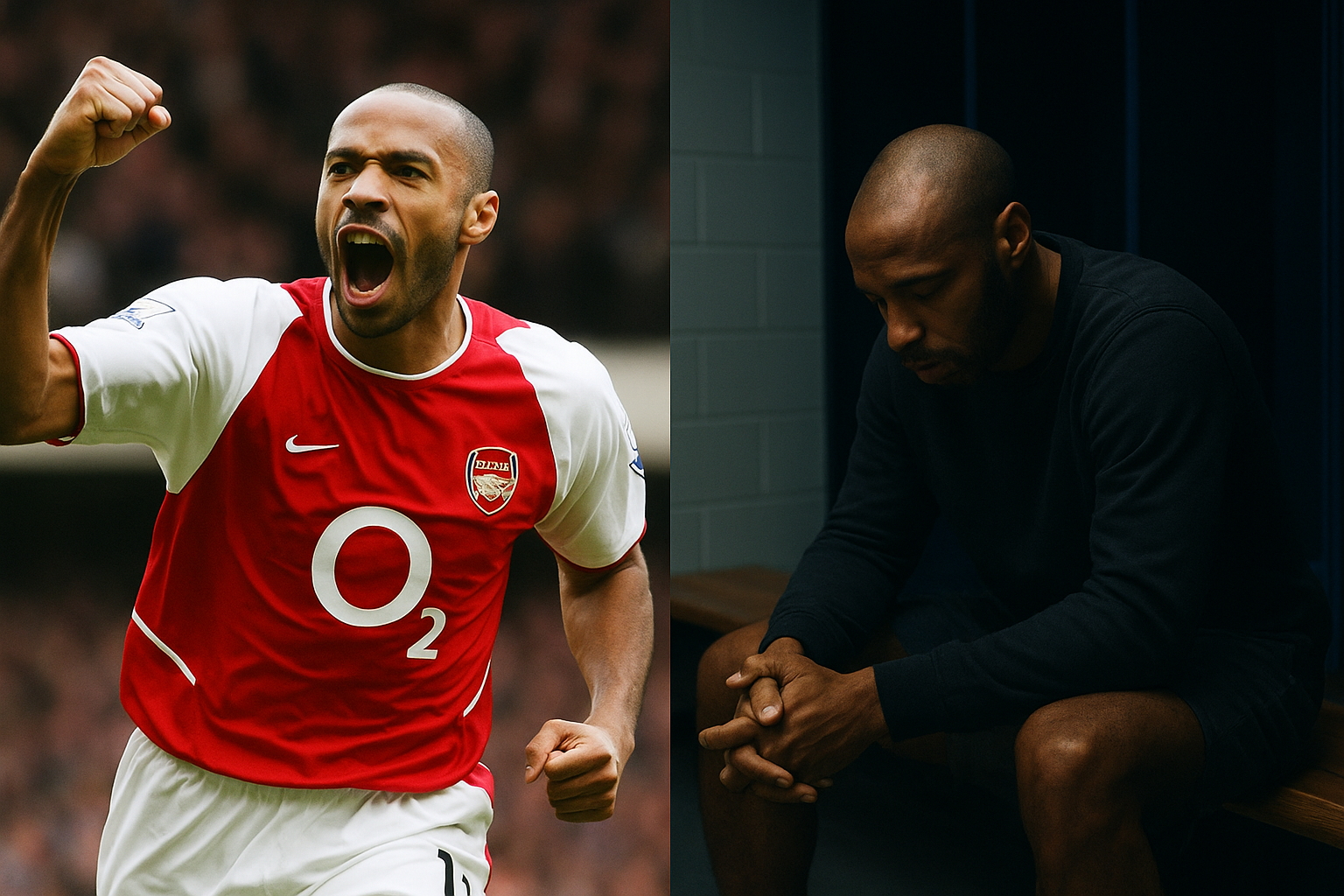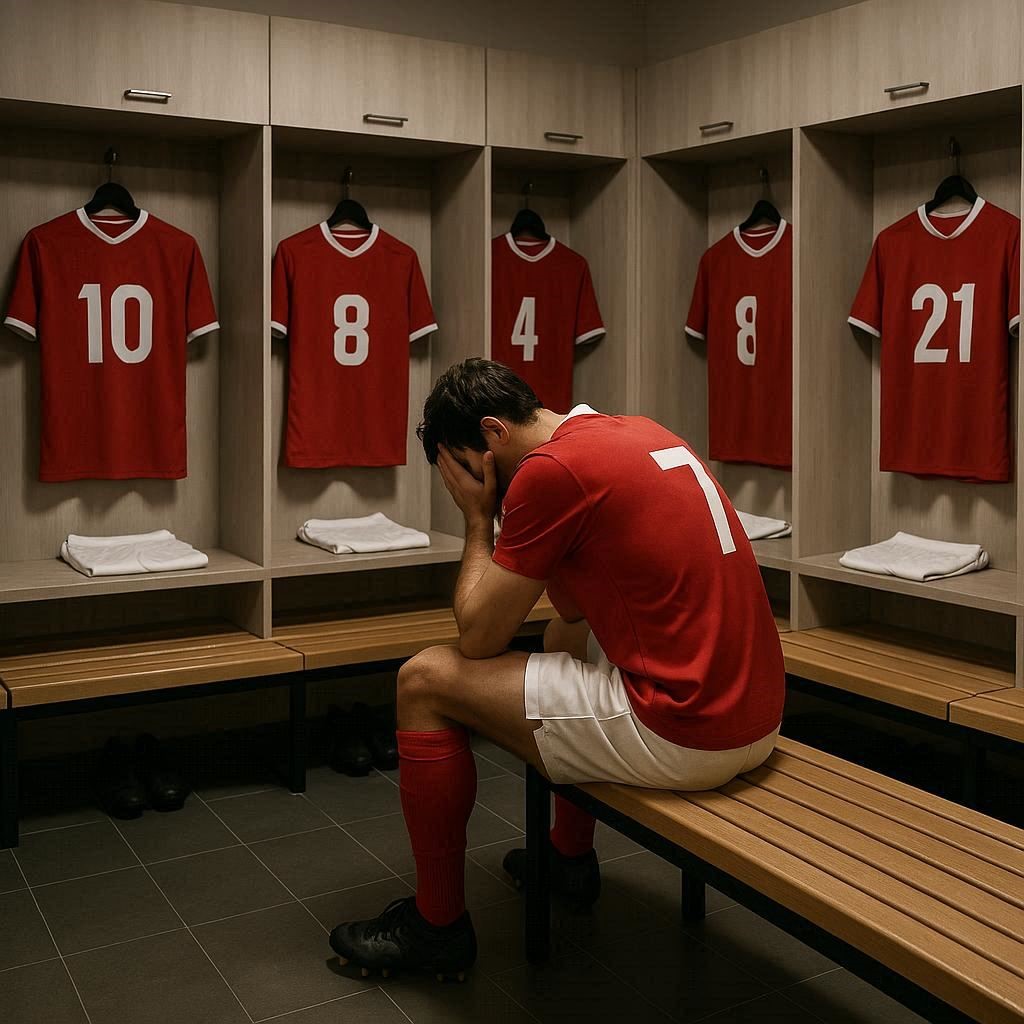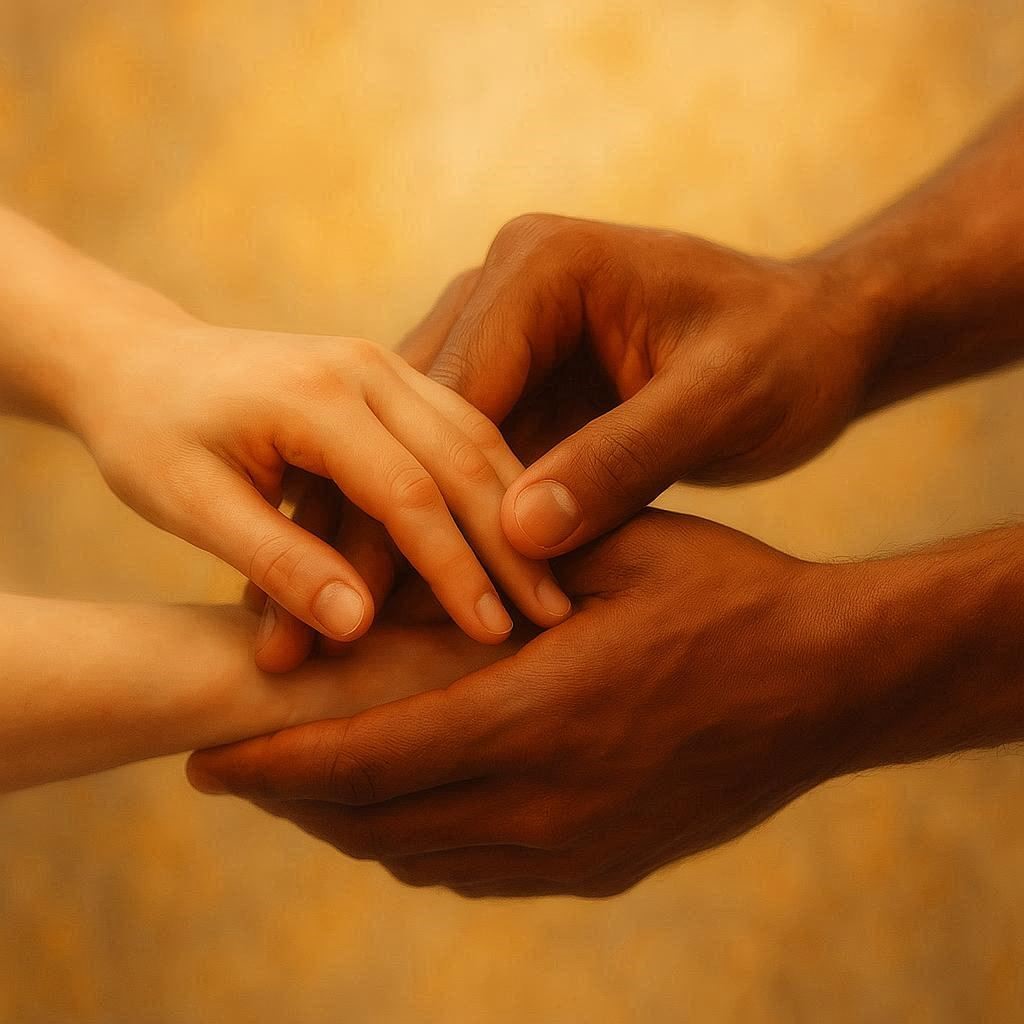When we think of Thierry Henry, the first thing that comes to mind are his memorable goals, his elegance on the pitch, and that unique ability to turn a match into a spectacle. However, behind every smile in a celebration and every applause in the world’s biggest stadiums, there was a story few knew: the silent struggle against depression.

This revelation, made years after his retirement, reminds us that sport is not only played with the body, but also with the mind. And that no matter how bright the spotlight, the inner darkness can be just as intense.
Sport and mental health: an inevitable link
For decades, the narrative of sport has been centered on physical effort, discipline, and achievement.
But what about mental health?

Athletes live under constant pressure—not only to perform, but to represent teams, countries, and crowds. The fear of failure, the loneliness of training camps, and the need to fit into nearly impossible standards make many end up hiding their vulnerability. And while physical injuries often receive all the attention, other invisible wounds—such as anxiety or depression—can be just as disabling.
‘I have been in depression forever, though I didn’t realize it until much later.’ (Thierry Henry)
Thierry Henry: tears behind the goals
In an interview, Henry revealed that during the pandemic, far from his family in Montreal, he cried almost every day without apparent reason. That isolation was the trigger that led him to face a pain he had been carrying for years.
His story does not begin in professional football, but in childhood. His father, a demanding man, would downplay even his best performances: if he scored three goals, he would point out the poorly controlled ball. That endless search for approval sowed an invisible wound.
In that episode, Henry confessed: ‘The first time I felt human was when my children hugged me no matter who I was on the pitch. They loved me, not the footballer.’ That moment pushed him to rethink everything, even leaving his position as coach of Montreal Impact to prioritize his wellbeing.
Beyond physical training: the need for emotional education
Henry’s testimony reveals a fundamental gap in the training of athletes: the development of emotional competencies.
Just as technique, tactics, or strength are trained, athletes should also train how to manage their emotions. Emotional intelligence—recognizing what we feel, regulating it, and expressing it in a healthy way—is key to facing pressure, criticism, and adversity. Emotional education spaces in clubs and academies would not only help prevent mental health problems, but also improve athletic performance.
In other words, it is not enough for athletes to be physically strong; they also need to be emotionally intelligent.
The reality behind success
Henry’s experience opens a broader debate: how many athletes have suffered in silence? Cases like those of Naomi Osaka, Simone Biles, or Michael Phelps show that this is not an isolated case, but a widespread reality.
After Henry’s confession, one might wonder how someone could feel that way when he had a life desired by many: fame, success, global recognition…

And yet, neither trophies nor ovations protected him from the inner void. As readers and fans, hearing these stories brings us closer to the reality of sport. They remind us that under the jersey and the flashes, there are people who feel, doubt, and break down.
In fact, findings from the Harvard Adult Development Study, a longitudinal project spanning more than 80 years that has followed several generations to discover what truly makes us happy, point to this: it is not fame, money, or success that predict a fulfilling life, but the quality of our relationships and emotional bonds.
In other words, what sustains us are not trophies, but human connections. Exactly what Henry discovered when he realized that his children loved him as a person, not as a football idol.
A lesson beyond football
Thierry Henry’s message transcends sport. It speaks of the importance of looking in the mirror, recognizing our wounds, and seeking help. It speaks of accepting that strength does not mean staying silent, but daring to share the pain, daring to be vulnerable…
And above all, it reminds us that success without wellbeing is not really success. In the end, Henry no longer seeks to be remembered only as Arsenal’s top scorer or world champion with France, but as someone who gave himself permission to be human.
What if the most important goal is within?

Henry’s story is a reminder that true victory lies in reconnecting with oneself. Athletes, just like any of us, need safe spaces to talk about what they feel.
Sport inspires the world when it shows greatness on the field, but it becomes even more transformative when its idols teach us that caring for the mind is just as important as training the body.
Perhaps Henry’s most important goal was not scored in a packed stadium, but in the silence of a room, when he allowed himself to cry and ask for help.
References:
AP News. (2024, 8 de enero). Thierry Henry says he has been battling depression since childhood. Associated Press. https://apnews.com/article/8c7686f85ca89fd2fc26af5fc41c9e70
AS USA. (2023, 24 de enero). “It’s not shameful at all” – Thierry Henry opens up about mental health [Video]. AS. https://as.com/videos/its-not-shameful-at-all-thierry-henry-opens-up-about-mental-health-v/
The Diary Of A CEO. (2022, 18 de diciembre). Thierry Henry opens up about his battle with depression | E217 [Video]. YouTube. https://www.youtube.com/watch?v=f4OFewKXNYI
The Guardian. (2024, 8 de enero). ‘Crying every day’: Henry reveals mental health and depression struggles. The Guardian. https://www.theguardian.com/football/2024/jan/08/crying-every-day-henry-reveals-mental-health-and-depression-struggles
Waldinger, R., & Schulz, M. (2017, 11 de abril). Over nearly 80 years, Harvard study has been showing how to live a healthy and happy life. Harvard Gazette. https://news.harvard.edu/gazette/story/2017/04/over-nearly-80-years-harvard-study-has-been-showing-how-to-live-a-healthy-and-happy-life/
The most important goal is within